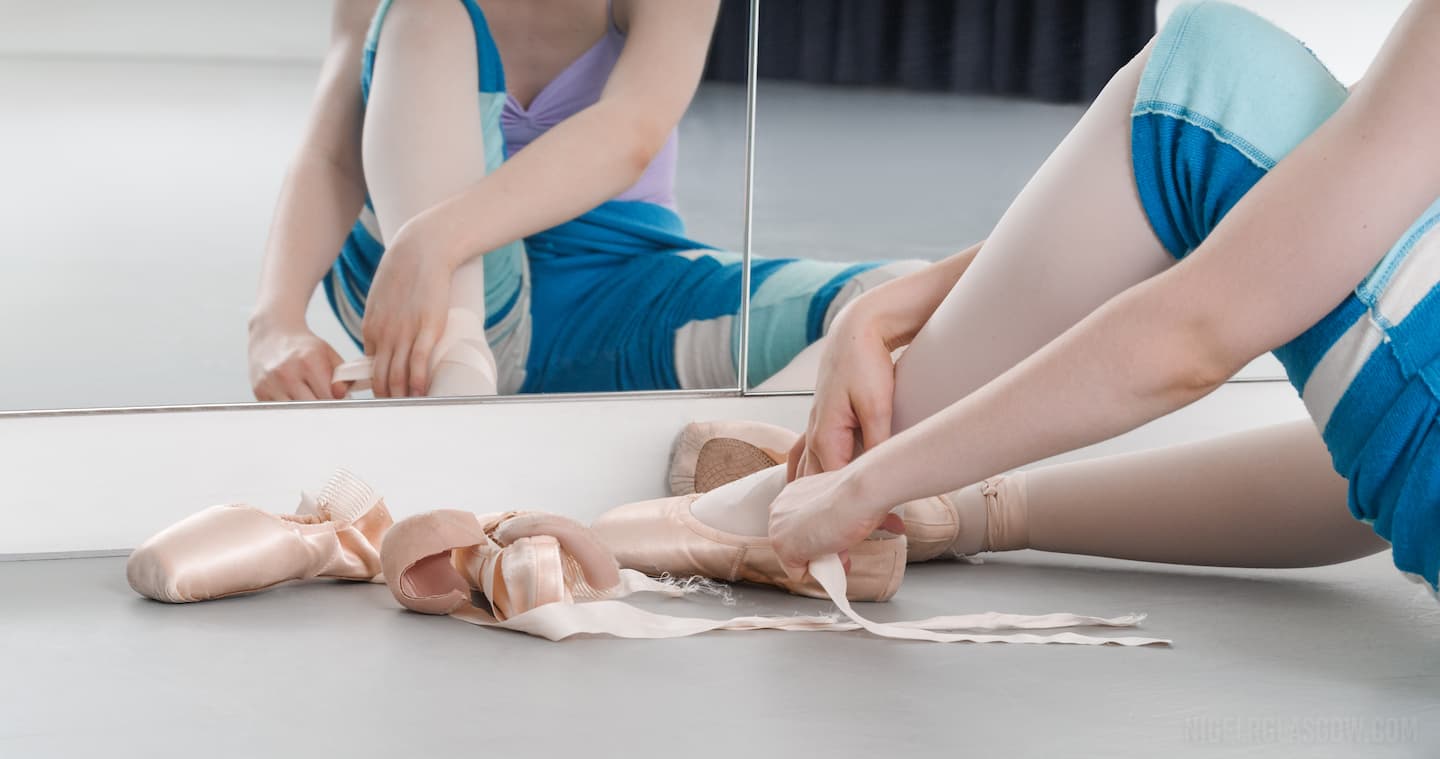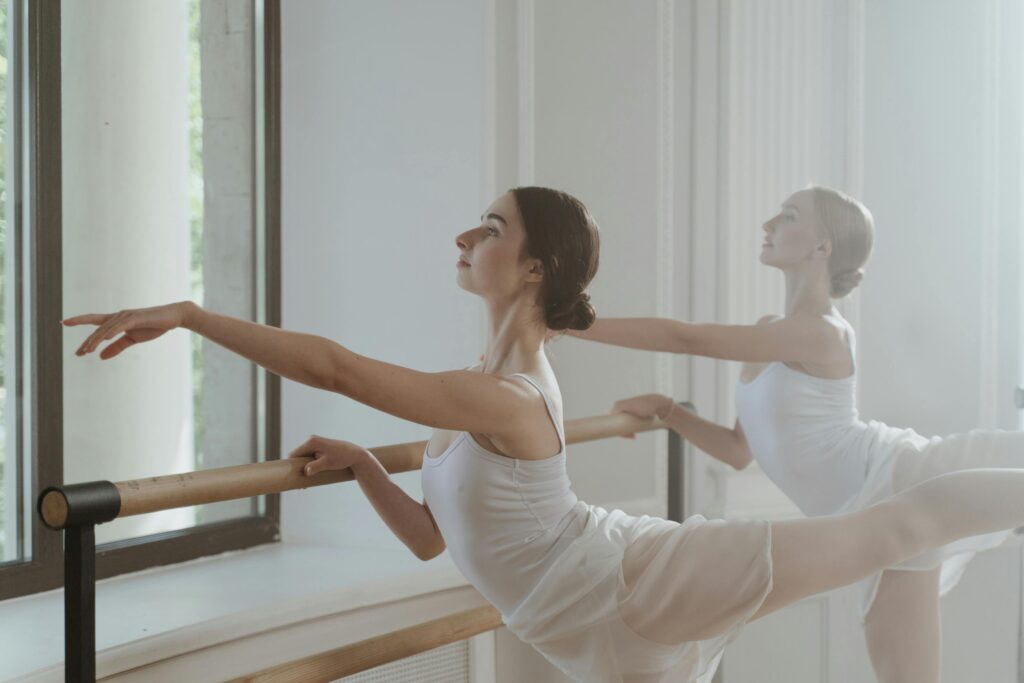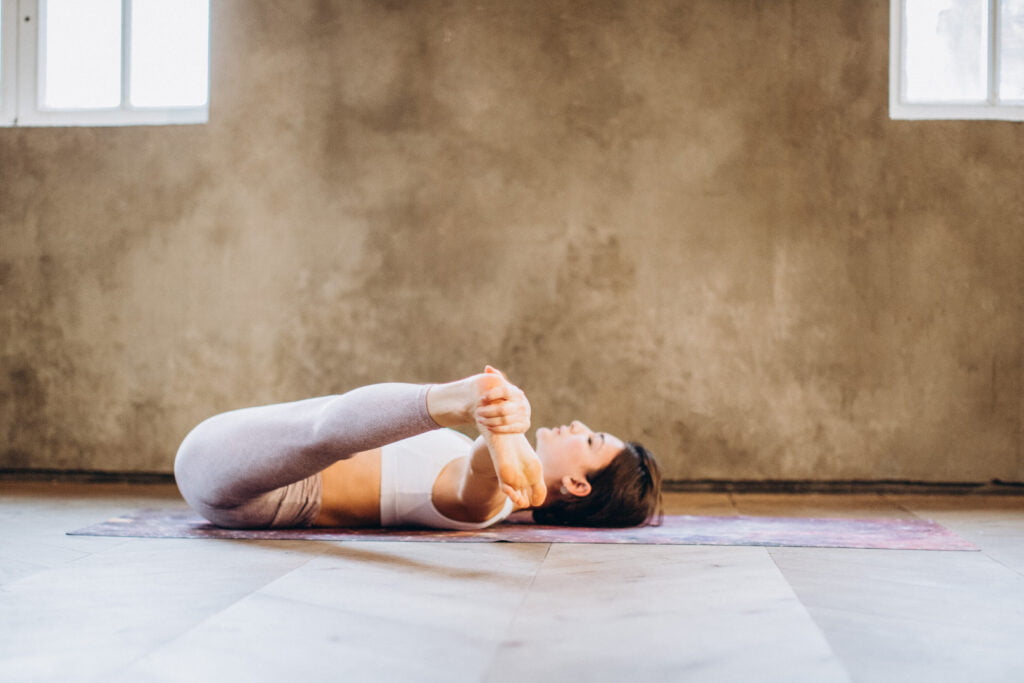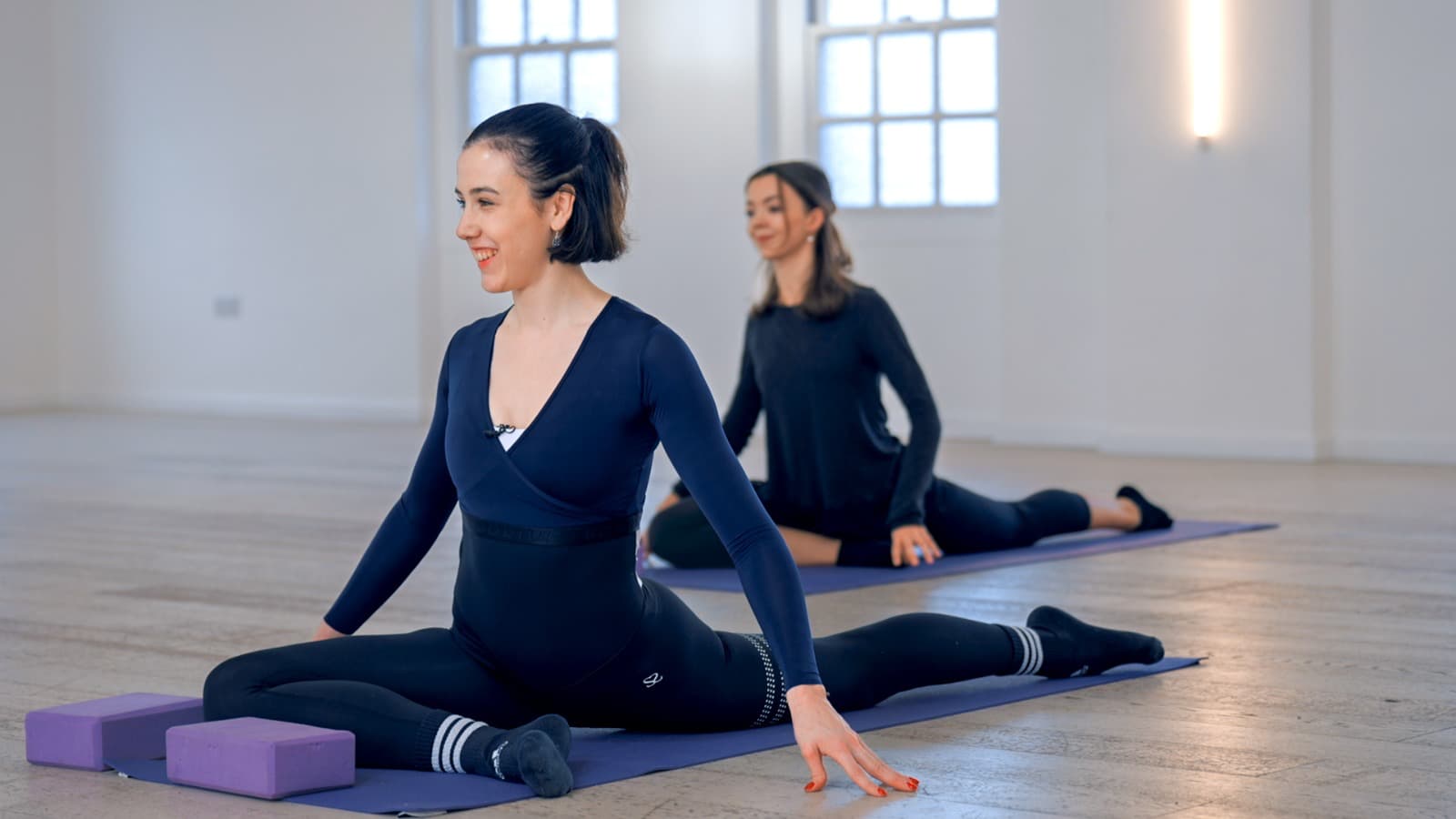By Suvi Honkanen
These past few weeks, I’ve been thinking a lot about ballet competitions as I followed the prestigious Helsinki International Ballet Competition, held in my home city, from afar. It brought back mixed feelings and memories from the times I took part in the past. I began to think of questions like: can art be judged? What is the point of competitions, if what is beautiful is subjective?
My last ever competition was HIBC in 2016. I remember training with extreme conviction for a goal that was, essentially, supposed to give me a reason to be happy with myself. When I stood on stage in the finals, I remember feeling a strange sensation of emptiness around me as thousands of eyes stared at me ready to judge every move. I suddenly felt detached from my body and my purpose. After the results came in, I felt a kind of loneliness I’d never known before.
Ballet competitions have been under fire for some time already, criticized for devaluing artistry and idealizing circus-like tricks, bringing the art-form closer to a sport than an art. Many argue that competitions only highlight the athleticism of ballet, removing the soul and emotion that makes it art.
Another troubling aspect of ballet competitions, aside from the idealization of flashy technique, is the physical and psychological harm such pressure has on young students. There are several examples of dancers who competed relentlessly in their teenage years only to burn out and disappear before reaching young adulthood. Competing in a high-stress environment with the emphasis on winning instead of learning can be very damaging to a dancer’s psyche.
Perhaps most alarmingly, some ballet competitions allow children as young as 10 years old to perform en pointe or dance a pas de deux. The joints, muscles, and bones of children this young are not ready for such pressure, and aiming to execute such demanding technicalities can cause severe physical damage to the body. Training should be about building foundation blocks for a long, sustainable career, not about fast-tracking for the sake of flashy tricks that win awards.
All this isn’t to say competitions are all bad. Ideally, there is opportunity, excitement, and personal growth to be found in them. Competitions can encourage dancers to push their limits, meet their peers all over the world, and be seen by a larger audience. Most competitions offer daily classes, giving dancers an opportunity to be introduced to new teachers and teaching-styles. Many dancers have received life-changing opportunities after competing, such as offers to join a school or a company. Approaching competitions form this point of view shows that there is so much more to gain from competitions than just winning.
What moves the audience is the whole body of the ballet: the set design, the costumes, the lights, music, the steps, and the emotion conveyed. It is never a singular step that leaves the audience with a feeling of connection or wonder. The main purpose of ballet is, in the end, storytelling with the combination of several artistic elements.
If we condense ballet to variations filled with as many tricks as possible, we lose the true essence of the artform. Each variation contains a story, history, and tradition behind it. Judging these variations based on technique only is missing out on their origin. If we do compete, we should focus just as much on the expressiveness of a dancer, how they are communicating emotion, interpreting musicality, and finding different dynamics in movement. And instead of judging and giving away prizes, we should find each dancers strength and encourage them to harness that. Young dancers don’t hear nearly enough how special they are individually, and why their emotion and creativity are vital to the artform.




